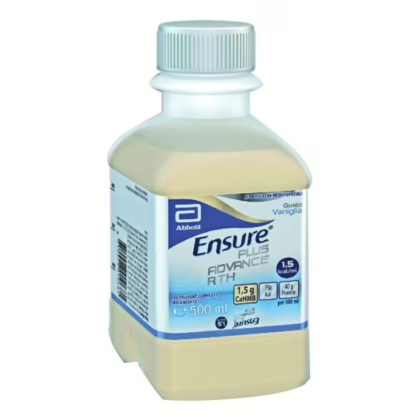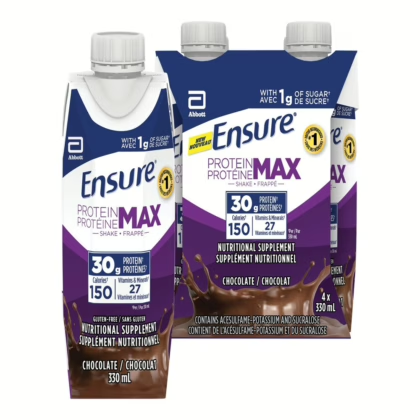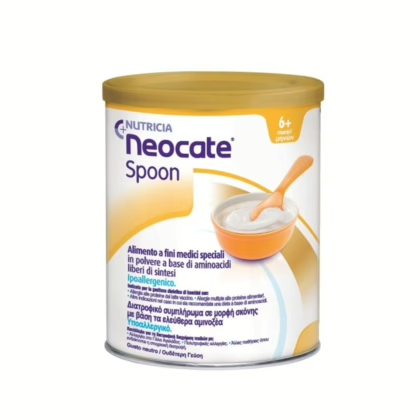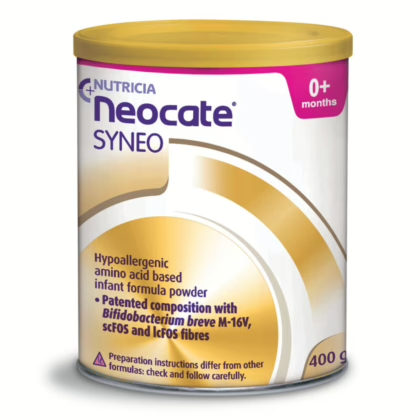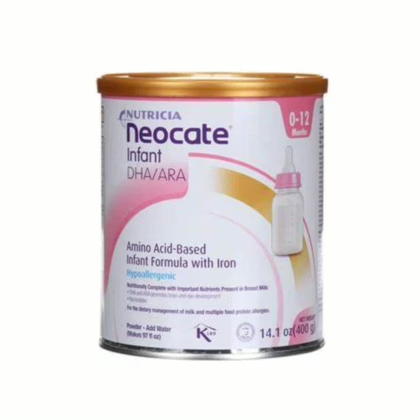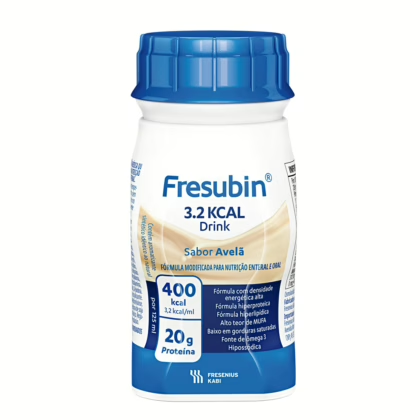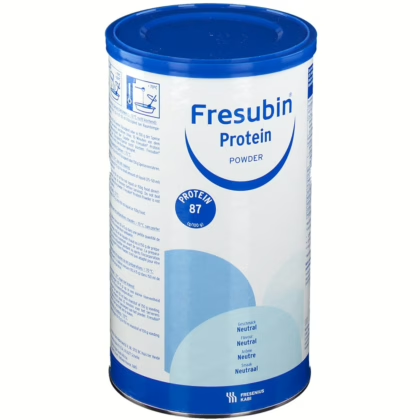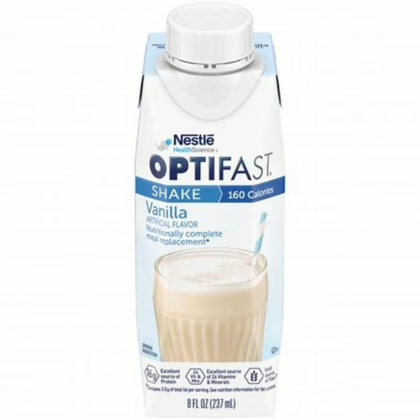
High cholesterol is usually not accompanied by any symptoms. You can only detect it through a blood test. People rarely think about it until complications such as a heart attack or stroke occur. Most of us tend to think that these serious complications and developments only happen to the elderly, while people under the age of 55 can be affected. There may be a connection between these myths and the aggravation of the problem. Learn more facts…
The level of cholesterol in the blood increases when you follow an unhealthy lifestyle, for example, eating a lot of fatty foods, not exercising enough, being overweight, smoking and drinking alcohol. You should be careful because too high cholesterol can cause blood vessels to clog, making you more likely to have heart disease or stroke.
Actually, the body needs good cholesterol (HDL) to perform various functions such as making hormones and building cells. Unlike bad cholesterol, it can build up on the walls of blood vessels. As plaque builds up in the blood vessels, the blood vessels narrow. This narrowing can restrict blood flow to and from your heart and other organs and may also block blood flow to the heart, causing angina or a heart attack.
You can make many changes to lower your levels and keep them in a healthy range, such as:
Sometimes making healthy lifestyle changes is not enough to lower cholesterol levels. So, at that time, the doctor may recommend medications. Getting a free medical consultation may also help.
